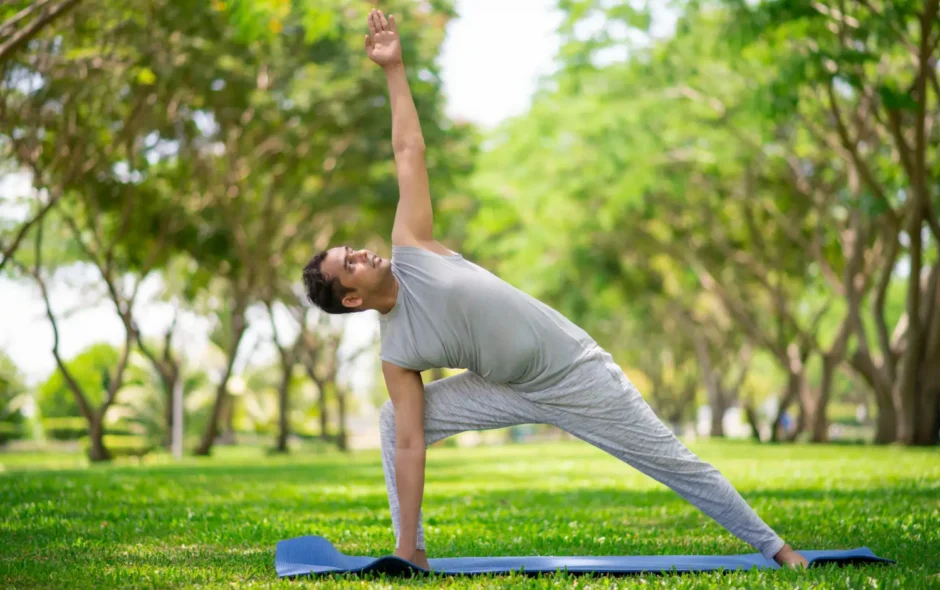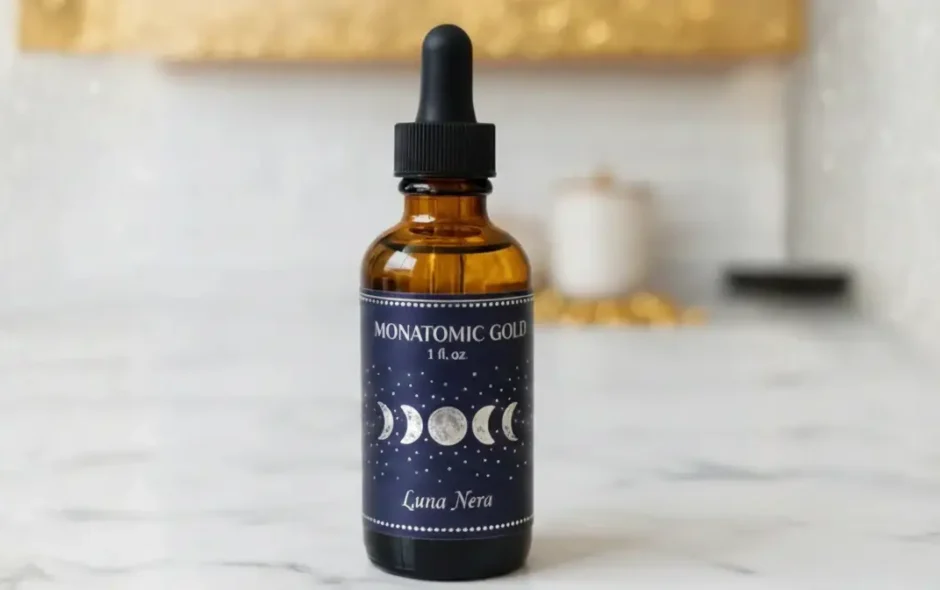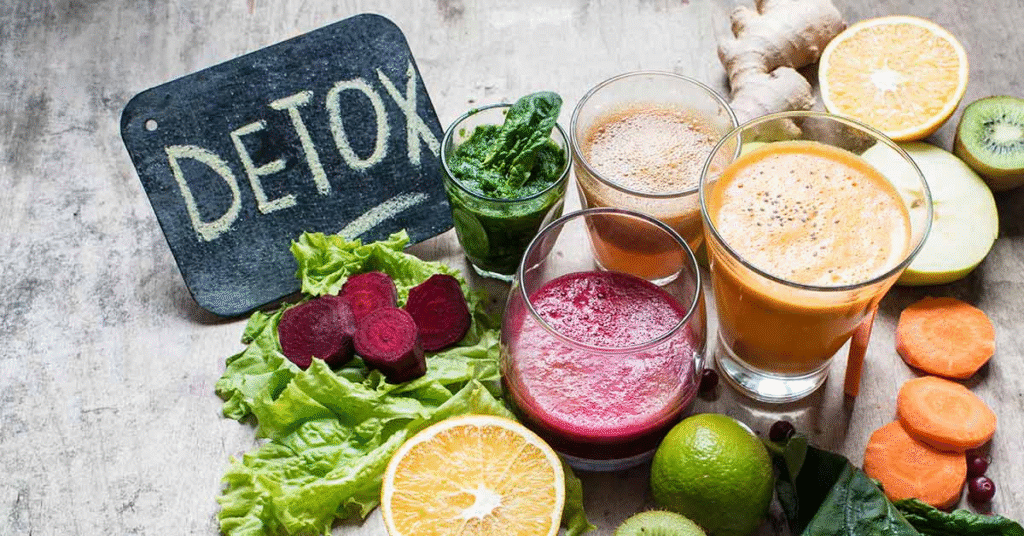
If you follow health trends, you have probably seen people talk about Zone 2 training. It sounds technical. It is not. In simple terms, Zone 2 is low to moderate intensity cardio. You are working, but you can still hold a conversation. You are not gasping for air. You are not collapsing on the floor after.
And in 2026, this method is everywhere. Doctors talk about it. Fitness coaches push it. Even tech companies build wearables around it. There is a reason.
What Is Zone 2 Training?
Your heart rate has different zones. They range from very light effort to all-out intensity. Zone 2 usually sits at about 60 to 70 percent of your maximum heart rate. For many people, that means brisk walking, light jogging, steady cycling, or swimming at a comfortable pace.
You should feel warm. You should sweat a bit. But you should still be able to talk in full sentences. If you cannot speak without pausing for air, you are probably going too hard.
Why Is It Trending in 2026?
For years, fitness culture focused on high-intensity workouts. Short sessions. Maximum burn. Quick results. But people are tired. They are stressed. They sit all day. They deal with screens, deadlines, and not enough recovery. Add poor sleep into the mix, and pushing hard every day starts to backfire.
Research now shows that low-intensity aerobic training improves mitochondrial health. That is a simple way of saying your cells get better at producing energy. And that matters more than most people realize.
Better energy production means:
- More stamina
- Better metabolic health
- Improved blood sugar control
- Lower resting heart rate
- Better long-term heart health
It is not flashy. But it works.
The Science Behind It
Zone 2 training improves your aerobic base. This is the foundation of endurance and overall physical health. When you train in this zone, your body becomes more efficient at using fat for fuel. Your heart pumps blood more effectively. Your muscles build more mitochondria. Over time, this reduces strain on your cardiovascular system.
Many longevity researchers now argue that aerobic capacity is one of the strongest predictors of long term health. A higher VO2 max, which measures how well your body uses oxygen, is linked to lower risk of heart disease and early death. Zone 2 helps build that capacity without destroying your joints or nervous system.
How to Start
You do not need fancy equipment. But a heart rate monitor helps.
First, estimate your maximum heart rate. A simple formula is 220 minus your age. It is not perfect, but it is good enough for most people. Then calculate 60 to 70 percent of that number. That is your target range. Start with 30 minutes, three times a week.
Choose something you can sustain:
- Brisk walking outdoors
- Incline treadmill walking
- Light cycling
- Easy rowing
- Steady swimming
Keep the pace steady. Do not sprint. Do not turn it into a competition. Consistency beats intensity here.
Common Mistakes
Most people go too hard. They think if some effort is good, more must be better. But if you push into higher zones every session, you lose the benefit. Zone 2 should feel almost too easy at first. That is normal.
Another mistake is doing it only once in a while. This type of training builds slowly. You need weeks and months, not days.
And finally, people ignore recovery. If you lift heavy weights or do high intensity intervals, balance them with true low intensity days. Your body adapts when it is allowed to recover.
Who Should Care About This?
Honestly, almost everyone. If you are over 30 and worried about heart health, this is for you. If you sit at a desk all day, this is for you. If you feel constantly tired, but still want to improve fitness, this is for you.
Even athletes use Zone 2 as the base of their training. It supports performance without burning them out. It is also joint friendly. That matters if you are carrying extra weight or coming back from injury.
How It Fits Into a Weekly Plan
A simple structure might look like this:
- Three to four Zone 2 sessions
- Two strength training sessions
- One optional higher intensity session
- One full rest day
That is enough for most adults to see steady progress. You do not need daily extreme workouts. You need repeatable habits.
What Results to Expect
Do not expect dramatic transformation in two weeks. Expect subtle changes. Your resting heart rate may drop. You may notice you can climb stairs without getting winded. Your recovery from workouts may improve.
Over months, you may see better blood pressure numbers and improved lab results. And perhaps most important, you build a fitness base you can maintain for years. That is rare in modern fitness culture.
The Bigger Picture
Trends come and go. But this one feels different. Zone 2 training aligns with how the human body evolved to move. Long periods of steady activity. Not constant all out effort. It respects stress levels. It respects aging. It respects real life.
You do not need to chase exhaustion to improve your health. Sometimes the smarter move is to slow down. And in 2026, more people are finally starting to understand that.








